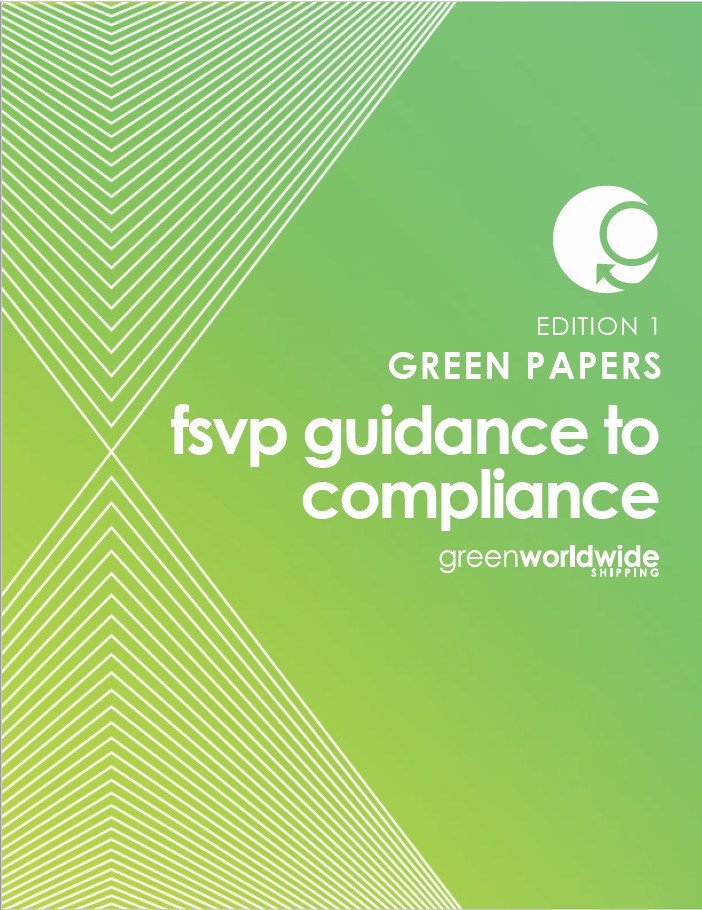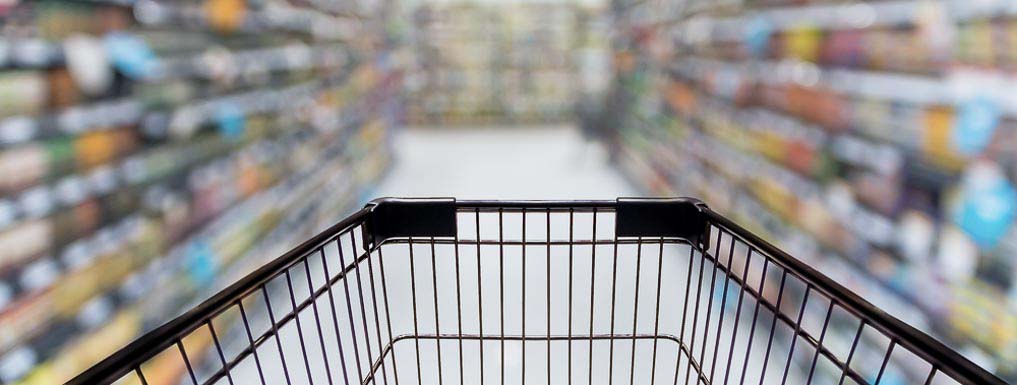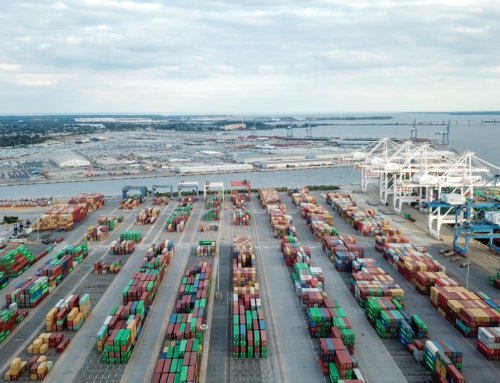The Annual Enforcement, Litigation, and Compliance Conference in Washington D.C., on December 12th, shed new light on the Food and Drug Administration’s (FDA) progress with on-boarding the food industry into the Foreign Supplier Verification Program (FSVP). FSVP is one of seven initiatives under the Food Safety Modernization Act (FSMA) and has been in effect since May 2017. Since then, the FDA has made efforts in “educating while they regulate,” providing guidance and training courses to the industry while conducting preliminary inspections.
In 2019, the FDA will begin issuing warning letters and import alerts for importers that have nothing in place. Importers are encouraged to begin working with suppliers to identify and document requirements to prevent supply chain disruption.
WHAT ARE THE 6 KEY ELEMENTS TO FSVP COMPLIANCE?
- conducting hazard analyses for imported food (section 1.504),
- evaluating the food and the foreign supplier (section 1.505),
- determining and performing supplier verification activities (section 1.506),
- taking corrective actions (when necessary) (section 1.508),
- ensuring importer identification at entry (section 1.509), and
- maintaining records (section 1.510).
WHO IS RESPONSIBLE FOR FSVP COMPLIANCE?
The regulation on Foreign Supplier Verification Programs (FSVP) applies to U.S. importers of food.
In general, the importer will need to obtain assurances that its supplier is producing food using processes and procedures that provide the same level of public health protection as those required under the preventive controls requirements in 21 CFR part 117 or 507 or under the produce safety regulation (21 CFR part 112), as well as assurances that the food is not adulterated and not misbranded with respect to allergen labeling.
DOES THE IMPORTER HAVE TO DO IT OURSELVES?
The FSVP importer of a food might choose to rely on others to conduct certain FSVP activities, provided the importer reviews and assesses the results of these activities. For example, an importer may rely on a hazard analysis of a food conducted by the foreign supplier, and an importer might rely on the results of an independent third-party audit of the supplier that the supplier has requested.
Supplier verification activities must provide assurances that the hazards requiring a control in a food have been significantly minimized or prevented. Depending on what verification activities the importer conducts, the importer might request information from the foreign supplier, such as results of audits or copies of relevant food safety records, so that it can meet its verification requirements.
FDA RESOURCES FOR COMPLIANCE SUCCESS
- FSVP webpage
- FSVP Q & As
- The ‘Am I Subject to FSVP’ flow diagram
- The FSMA Training Strategy webpage
- The Food Safety Preventive Controls Alliance
DOWNLOAD GREEN PAPER: FSVP GUIDANCE TO COMPLIANCE
Stay up-to-date on freight news by following Green Worldwide on Facebook, Twitter, and LinkedIn. For continuous updates, make sure to check out our website at greenworldwide.com.






